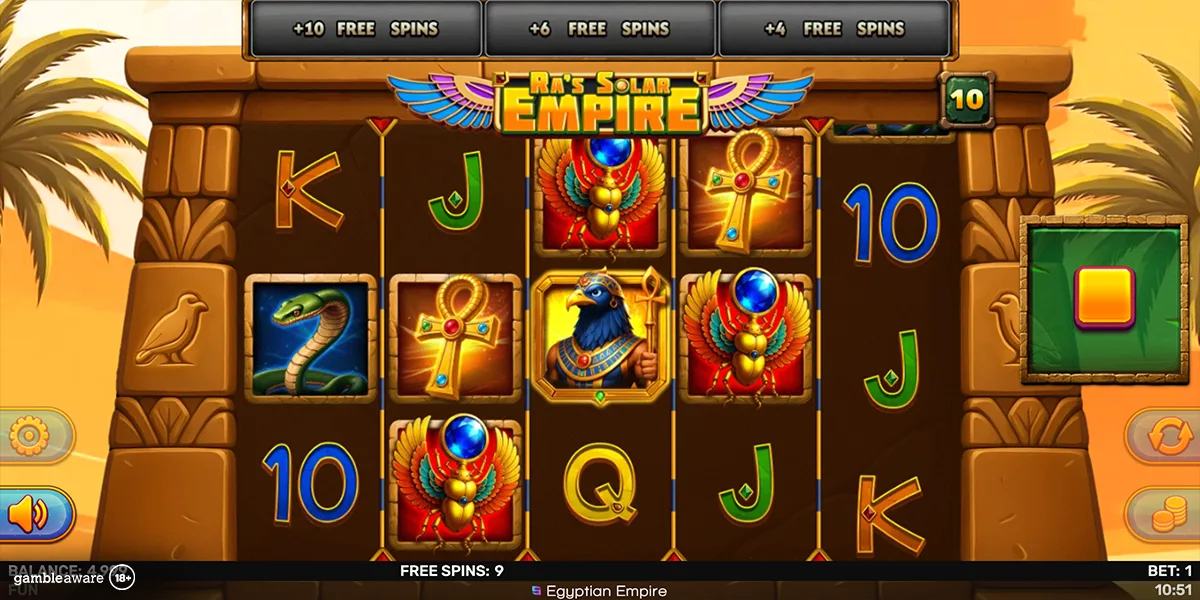The rapid advancement of IT technologies is reshaping reality and transforming the world in ways that make it difficult to predict the future. One of the most groundbreaking innovations is virtual reality (VR), which has the power to alter time, settings, surrounding objects, and everything within reach.
For the casino industry, the emergence of VR marks the beginning of a new era, bringing boundless opportunities for innovation and development. While it bears some resemblance to live casinos with real dealers, virtual reality differs in that it is a completely simulated, expertly crafted digital environment.
The Future of VR Slots and Casino Games
The integration of VR into slot machines presents thrilling possibilities. Players will no longer need touchscreen controls; instead, they will become the main characters within the slot game itself. Imagine engaging in duels with bandits, racing on horseback, or embarking on a treasure hunt where the rewards appear right before your eyes. The immersive experience is truly remarkable.
With VR, users are transported into an alternative world where the only limitations are the imagination of developers and the players themselves. This presents an exciting alternative to traditional gaming experiences.
Card games such as blackjack and Texas hold’em could be transformed into captivating narratives, where a player’s opponent might be a multimillionaire, a notorious criminal, or a mysterious lady. The dynamics of the game could take unexpected turns, leading to heated conflicts, thrilling encounters, or even unexpected romances.
VR also enhances the spectacle of virtual horse racing. Players can assume the role of a jockey, feeling the rush of their horse’s gallop while grandstands filled with cheering spectators whiz past them. The realism is astonishing.
Virtual Reality in Sports Betting
Virtual reality has also opened new frontiers for the betting industry. Special programs now simulate sports events, allowing many bookmakers to offer wagers on virtual sports such as football, hockey, tennis, and horse racing.
Virtual football, for example, follows the same rules as its real-world counterpart but operates on a much shorter timescale. A match lasts only 90 seconds, with the entire game concluding within 4 minutes and 45 seconds. This alters the nature of betting, as wagers are placed in a fast-paced environment.
Despite the condensed format, virtual football maintains a high level of detail, with slow-motion replays capturing critical moments of play. It is no surprise that sports fans flock to betting shops at all hours to partake in the action.
Key Features of Virtual Football and Betting
- Virtual football is a programmer-designed simulation that closely resembles real-life football.
- Winning outcomes in virtual betting are entirely random, akin to roulette and slot machines. Due to the short duration of matches, bettors do not have the opportunity to strategize.
- Virtual matches last significantly less time than real ones, with an entire season wrapping up in just two hours. This eliminates the need for long-term betting strategies.
- Competitions operate 24/7 without interruption, allowing clients to place bets at any time—an advantage for bookmakers.
- No external influence can affect the players or match outcomes, eliminating the possibility of fixed games.
The cost of VR sports betting software is high, but no bookmaker would turn down the investment. The ability to offer virtual sports betting attracts a steady stream of customers, ensuring a continuous boost in revenue for betting companies.
As VR continues to evolve, its role in the gambling industry will only expand, revolutionizing the way players experience gaming and betting. The future of virtual gambling is here, offering an unparalleled level of immersion and excitement.
Read more: Top Canadian Betting Platforms












